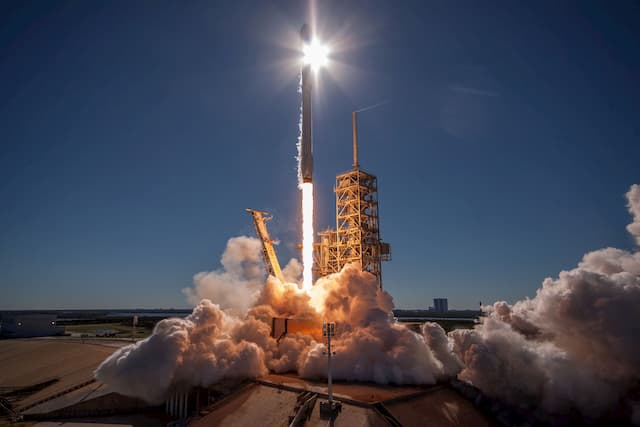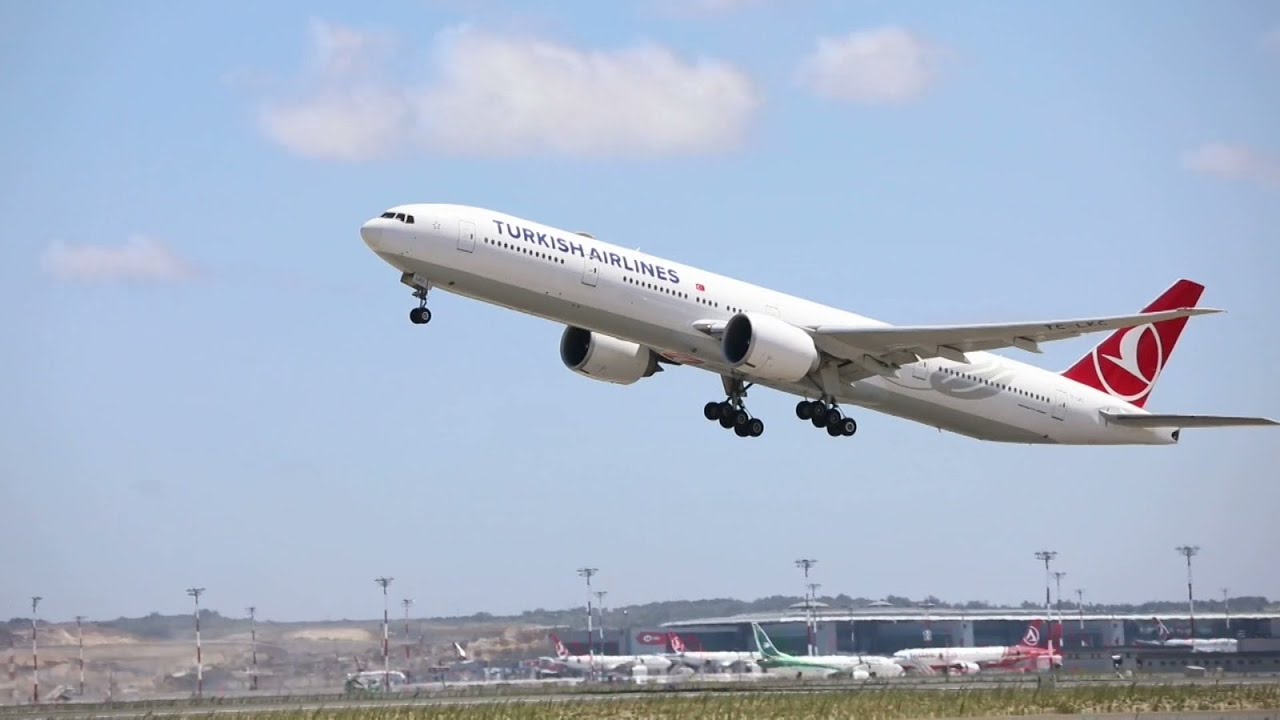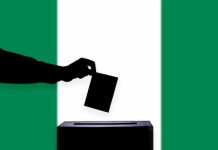The Federal Government has revealed plans to generate over $200 billion annually through the regulation and licensing of space-related activities in Nigeria.
This announcement was made in Abuja on Tuesday by the Minister of Innovation, Science and Technology, Chief Uche Nnaji, during a one-day stakeholder engagement and sensitisation workshop on the commencement of space regulation, spectrum management, and licensing.
The event, which was convened by the National Space Research and Development Agency (NASRDA), marked a strategic step towards fostering a competitive and transparent space industry capable of significantly advancing Nigeria’s technological leadership and economic growth.
Chief Nnaji, in his remarks, noted that the proposed regulatory framework would address the imbalance caused by companies like Starlink and DSTV, which, according to him, currently contribute minimal payments for the utilisation of space-based infrastructure.
“With the introduction of this regulatory initiative, entities such as Starlink and DSTV, who currently exploit space-based products without appropriate compensation, will now fall under licensing and regulatory oversight,” he stated.
He expressed confidence that the framework would yield an annual revenue exceeding $200 billion, with projections indicating an incremental growth rate of between 18 and 20 percent annually.
Furthermore, the Minister disclosed that President Bola Tinubu had granted approval for the incorporation of space technology into revenue-generation strategies, especially within the oil and gas industry.
“This approach will ensure the detection of vessels entering Nigerian waters—even those that switch off their transponders to avoid payments such as bunker fees. Space-based surveillance systems will now be employed to track such activities and enforce compliance,” Nnaji added.
He said this initiative alone is projected to deliver over $20 billion in revenue annually, constituting part of a broader reform agenda under the new regulatory regime.
Chief Nnaji emphasized that space is no longer reserved for theoretical exploration but has become a critical tool for national innovation, economic transformation, and security, primarily through the use of satellites in navigation, communication, remote sensing, and data acquisition.
“Our objective is to establish a well-regulated ecosystem where public and private sector participants can flourish, ensuring that Nigeria’s space sector becomes a beacon for innovation, investment, and tangible benefits to citizens,” he said.
He added that through the National Space Council—comprising 15 members—the Federal Government is working towards revising the National Space Policy to reflect international best practices in space operations.
In his address, Dr Matthew Adepoju, Director-General of NASRDA, explained that the workshop aimed to explore practical strategies for enforcing the 2015 regulations on licensing and supervision of space activities, as stipulated in the agency’s enabling Act of 2010.
Adepoju noted that with the increasing number of satellite launches and space-based assets, the need for regulation and commercialisation has become essential to driving national economic development.
“These guidelines will provide a robust framework that ensures compliance with both national and international laws, while also promoting transparency, safety, and security in space operations,” he said.
He highlighted that space licensing can serve as a lucrative revenue stream for Nigeria through a structured system of fees and charges for satellite deployment, spectrum allocation, and space-based data services.
According to him, this would also open the door for local and international investors to participate in Nigeria’s space industry.
Legal expert and Senior Advocate of Nigeria, Mr Olisa Agbakoba, in his presentation on Space Regulation and Spectrum Management, called for an urgent review of the National Space Policy originally formulated in 2000.
He argued that Nigeria must incorporate key international space treaties that it has ratified but not yet enacted into national law.
Agbakoba pointed out that with the global space economy projected to reach $1 trillion by 2030, Nigeria cannot afford to be sidelined.
“To take advantage of the booming market, Nigeria must build the right legal, regulatory, and institutional framework. We have ratified critical treaties such as the Outer Space Treaty (1967), the Rescue Agreement, the Liability Convention, the Registration Convention (1974), and the Moon Agreement, but without domestication through the National Assembly, they have no legal force locally,” he noted.
He also stressed the need to strengthen the National Space Council, warning that implementing the policy would be difficult without a robust governing structure.
Dr Umar Bindir, Secretary to the Adamawa State Government, also lent his voice, advocating for the practical application of scientific knowledge through coordinated regulatory efforts that align with national development priorities.
Bindir urged a harmonised approach that involves ministries, agencies, academic institutions, and polytechnics to align their space-related mandates.
“There should be a coordinated mechanism for promoting space science—such as hosting exhibitions every six months—to intensify awareness and public engagement,” he proposed.
Highlights of the workshop included the unveiling of a new NASRDA logo by Mrs Esuabana Nko-Asanye, the Permanent Secretary of the Ministry, as well as the formal handover of studio equipment for the Nigerian Science Technology and Innovation Television (NSTI-TV), housed within NASRDA.













